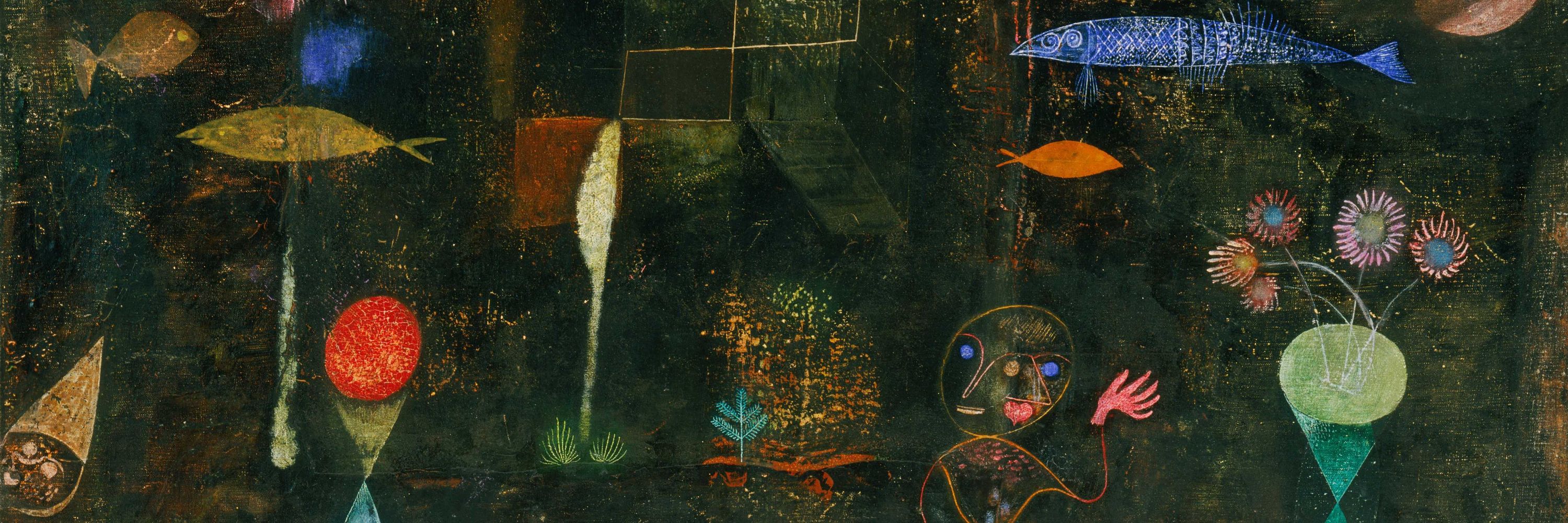
• Josephson-Storm (looking unflinchingly at the esoteric/religious/etc historical roots of the secular humanities), or
• Kripal (poking at the limits of what the humanities are permitted to think about)
speak to the same tensions found by those working in “theology-and-X”
• Josephson-Storm (looking unflinchingly at the esoteric/religious/etc historical roots of the secular humanities), or
• Kripal (poking at the limits of what the humanities are permitted to think about)
speak to the same tensions found by those working in “theology-and-X”
When you get that intimacy with his work, even his comparatively dry - and occasionally catty! - writing like the Psychology harbours flashes of that depth of spirit which animates him.
When you get that intimacy with his work, even his comparatively dry - and occasionally catty! - writing like the Psychology harbours flashes of that depth of spirit which animates him.
Ideas that try to *contain* contraction & paradox, relegating them to the edges, halt that pursuit.
Ideas that try to *contain* contraction & paradox, relegating them to the edges, halt that pursuit.
For James, this amounts to *explaining them away*: assuming both human mastery & ineffable mystery.
For James, this amounts to *explaining them away*: assuming both human mastery & ineffable mystery.
Religious critics attacked his agnosticism - i.e. mechanical metaphysics with “the Unknowable” at its core - as coded materialism, while secular critics read it as coded “mysticism”.
Religious critics attacked his agnosticism - i.e. mechanical metaphysics with “the Unknowable” at its core - as coded materialism, while secular critics read it as coded “mysticism”.
Despite James’ reputation for intellectual charity to the point of credulity - and Spencer’s for the dullest, driest sort of materialism - James attacks Spencer as *too sentimental*, for a failure of nerve.
Despite James’ reputation for intellectual charity to the point of credulity - and Spencer’s for the dullest, driest sort of materialism - James attacks Spencer as *too sentimental*, for a failure of nerve.
Today mostly read as a niche historical curiosity or a source of scientific racism, Spencer (though James can’t stand him) here represents a major tendency in contemporary thought, with the stature of an English Hegel.
Today mostly read as a niche historical curiosity or a source of scientific racism, Spencer (though James can’t stand him) here represents a major tendency in contemporary thought, with the stature of an English Hegel.
faced with scientific or metaphysical aporia, they invent solutions to satisfy intellectual discomfort.
faced with scientific or metaphysical aporia, they invent solutions to satisfy intellectual discomfort.

